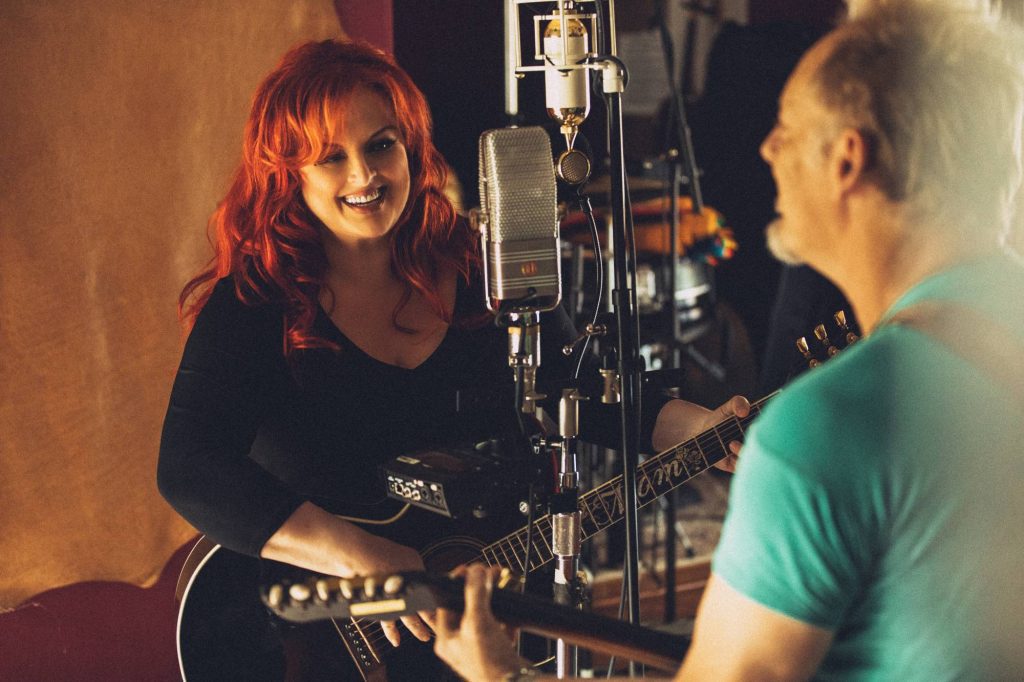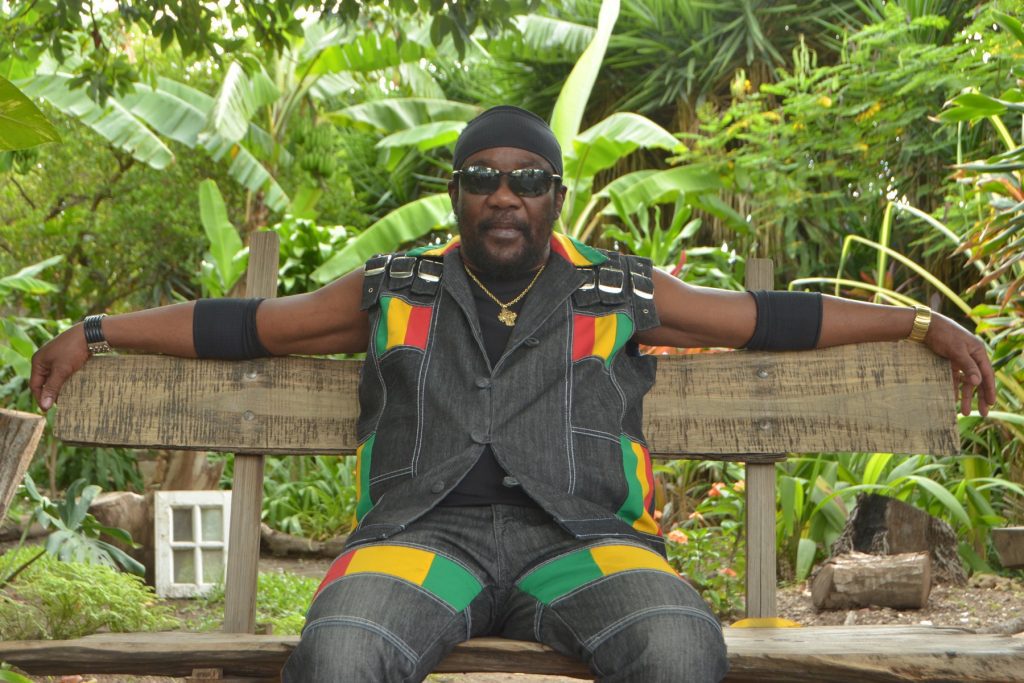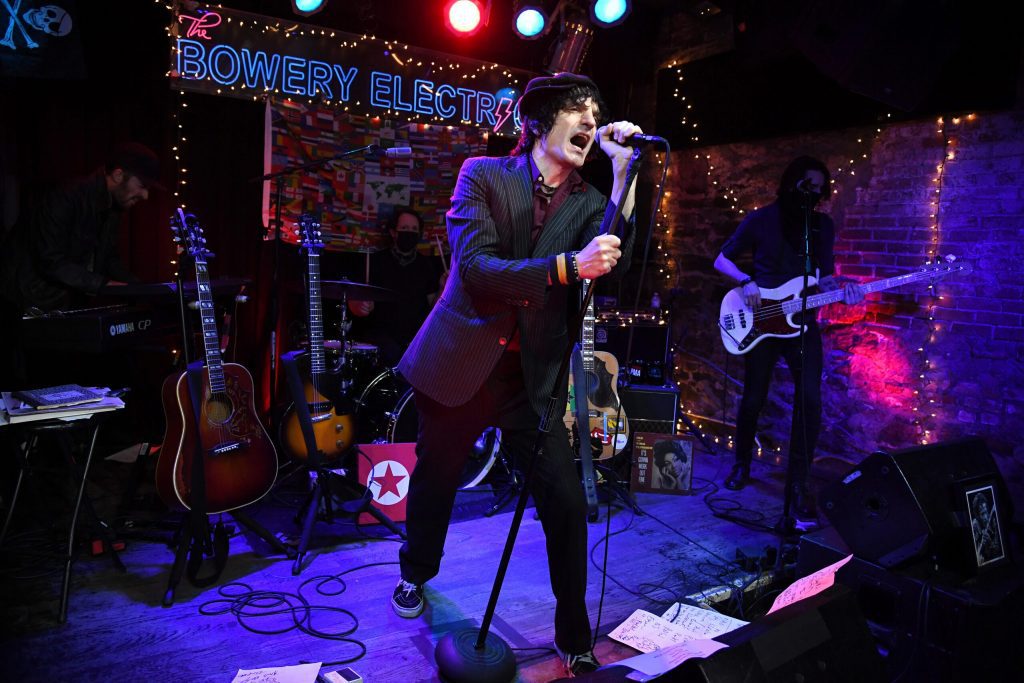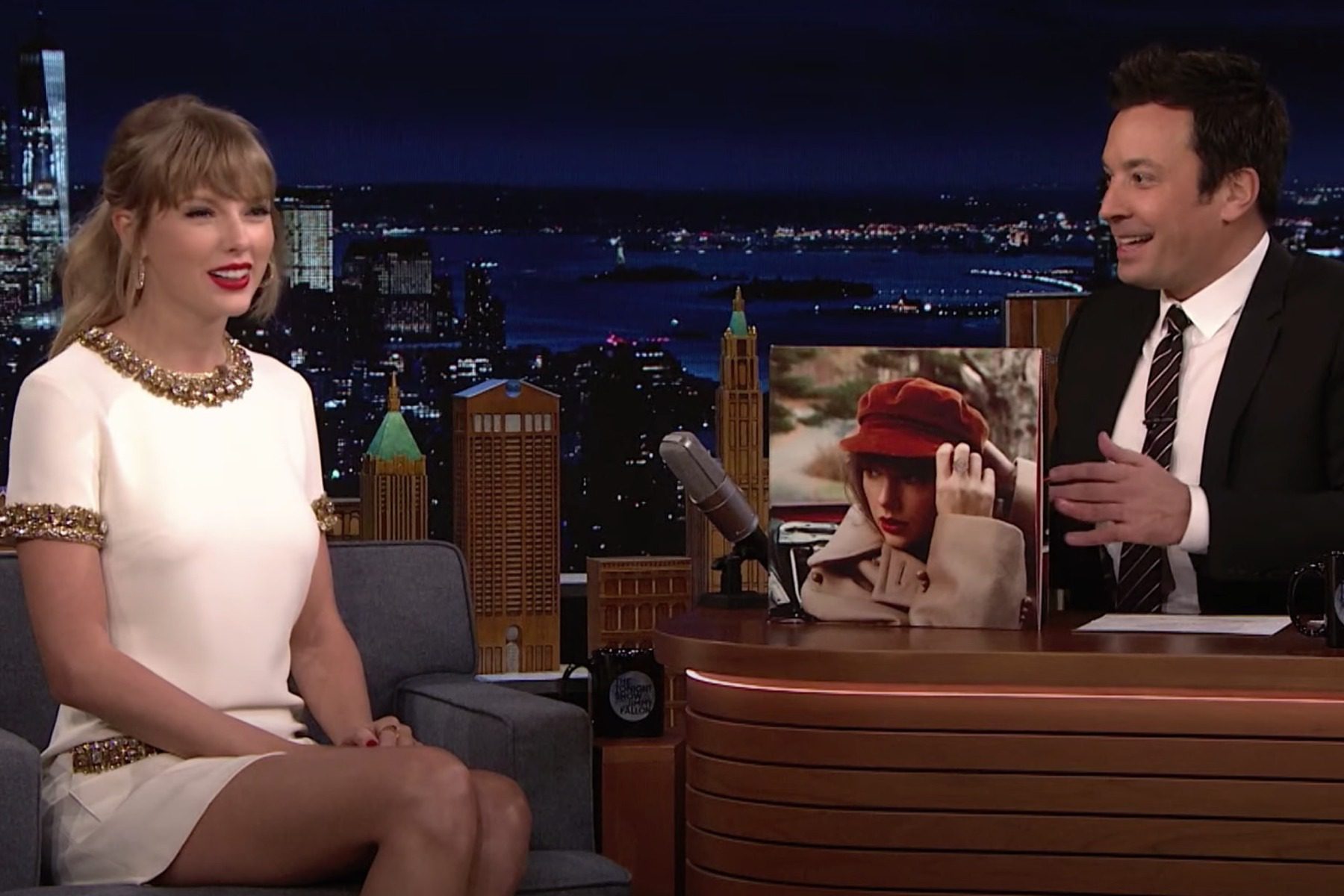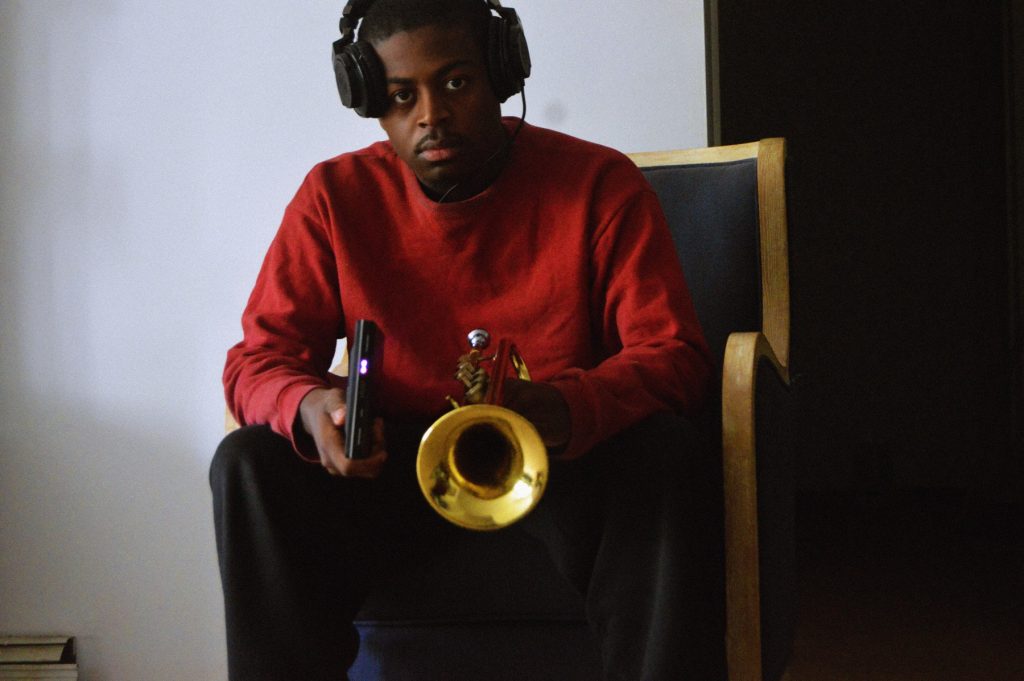
Kareem Ali Is An Electronic Producer on a Hot Streak
Kareem Ali doles out music at a torrid pace: He has released seven albums in the last 18 months, a mix of reverent deep house tracks and more potent, pointed grooves, questing science fiction and pressing political commentary. While it’s more common than ever for artists to jettison songs like old sheets during spring cleaning, Ali’s data-dump feels considered and locked in; listening to his albums back to back to back is at once soothing and captivating.
“The producer Knxwledge did an interview one time, and he was saying how people used to ask him: Why is he releasing so much?” Ali explains. “Knxwledge said, ‘I’m just gonna create another beat anyways. There’s no point in hoarding all that.’” Ali operates under a similar principle: “It’s just gonna keep coming out as the ideas flow.”
Ali is a latecomer to electronic music — growing up near New York City, he devoted himself to the trumpet. While attending SUNY Purchase and studying jazz, he met a studio engineer who introduced him to the software program Ableton along with music from Miles Davis’ electric period and the producer Flying Lotus. Ali switched his attention from the trumpet to Ableton in 2013.
He was pulled into house music’s orbit by the producer Hakim Murphy after a chance encounter with a Boiler Room set from Murphy’s group Innerspace Halflife. “I was like, ‘what the hell is this?’” Ali recalls. He reached out to Murphy online, and the two men established a rapport. At the time, Ali still didn’t have a grasp of house music and its history.
“I saw a young guy, like maybe I can help him do what he wants to do,” Murphy remembers. “I gave him some recommendations. Even him being in New York, he hadn’t picked up the New York house people. He started looking into the histories of the cities [that played a key role in the development of electronic music], Detroit, Chicago.”
Murphy’s mentee proved to be a quick study. There are echoes of electronic music greats throughout Ali’s recent releases — especially Larry Heard in the mid-1990s, but also the moodier, more contemplative releases from Ron Trent’s Prescription label, the talkative edge of Roy Davis Jr.’s catalog, or the less frenetic Galaxy 2 Galaxy tracks.
Ali’s catalog can often be divided into two loose thematic camps. One set of tracks wrestle with the Great Unknown, stars, distant moons; Ali says he’s harbored a fascination with outer space since he was a kid. Another set of songs deal explicitly with racial justice; Ali says these are inspired partially by growing up in the Nation of Islam, which emphasizes black empowerment. While one topic initially seems daydreamy, the other fiercely pressing, Ali joins a lineage of artists like Parliament and Underground Resistance by linking the two — a musical expression of the project often referred to as afro-futurism.
The tranquility in much of Ali’s music can’t hide its radicalism: Try “Be Inspired (Survive),” a Menace II Society-sampling mantra of persistence, or “We Need Land,” a danceable treatise on the importance of black asset ownership; “C’est la Vie,” a light-as-air, four-on-the-floor Bobby Womack flip that could charm even the grumpiest club-goer, or “The Great Beyond,” a serenely thumping meditation on death; “Afrotropical Realm,” where hand-drums bubble up from a swamp of synths and trilling bird-calls, or “In My Spaceship,” a shuffling, pining track that pays homage to the movie Interstellar.
There are half a dozen more like this, and who knows how many more on the way. Lately, the producer has been kickstarting his productive days by rising before dawn to go for walks in Phoenix, Arizona. “There’s not too much light pollution where I am, so I get to see the sky pretty good,” Ali says. Then it’s back to work.
“I might drop something on Friday,” the producer adds. “The time is now.”
